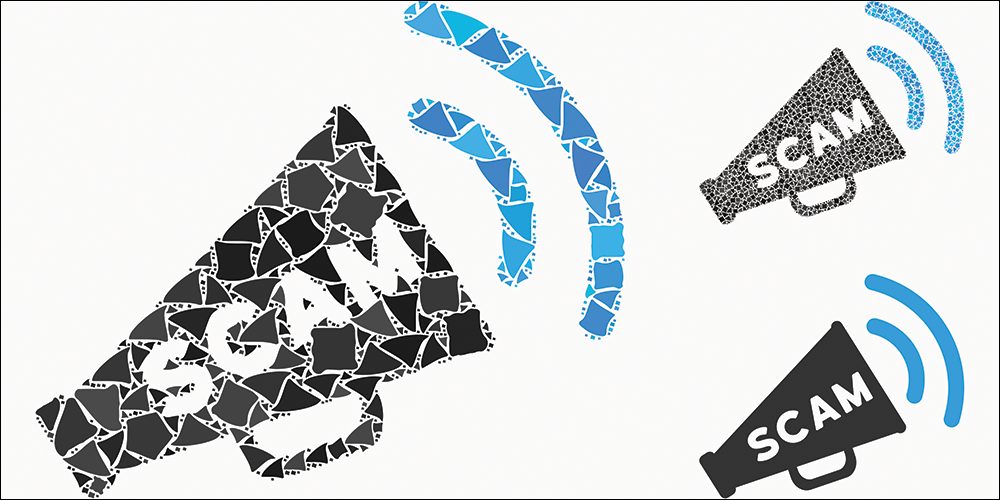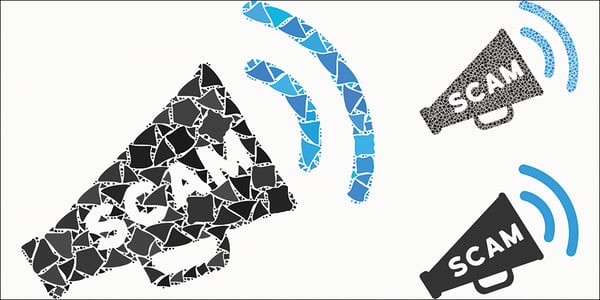
This week's review of ad fraud and quality in the digital advertising space.
The number of apps in the Roku Channel Store has continued a steady increase since the start of 2018, according to new data in Pixalate's State of Connected TV/OTT: 2019 Ad Supply Trends Report.
According to Pixalate's data, from Q1 2018 to Q4 2019, the number of apps in the Roku Channel Store increased 2.4x — or 139%.
The number of OTT/CTV apps that support programmatic advertising skyrocketed over the last 18 months, according to Pixalate's State of Connected TV/OTT: 2019 Ad Supply Trends Report, increasing by 232% from Q3 2018 to Q4 2019.

"Dubbed '404bot,' the scheme generates fake browser data by creating fabricated URLs as a means of circumventing Ads.txt," reported Adweek. "404bot works by spoofing URLs at a browser level, not easily detectable by the human eye. That type of domain spoofing allows the perpetrators of 404bot to slip under the radar."

"The average individual ad fraudster makes $5-20 million dollars a year," wrote Forbes, noting that it's "more than most drug dealers." In this interview with an ad fraud expert, Forbes explores all types of ad fraud, including app install farms, spoofing, malware, cookie stuffing, and more.

"Facebook is tightening up its rules on ads that reference the novel coronavirus, in an attempt to curtail misinformation and fearmongering about the outbreak," reported Business Insider. "The social network will now ban ads that mention it if they promise to cure or prevent the virus, or attempt to 'create a sense of urgency' about it."
*By entering your email address and clicking Subscribe, you are agreeing to our Terms of Use and Privacy Policy.
These Stories on Weekly Recaps
*By entering your email address and clicking Subscribe, you are agreeing to our Terms of Use and Privacy Policy.

Disclaimer: The content of this page reflects Pixalate’s opinions with respect to the factors that Pixalate believes can be useful to the digital media industry. Any proprietary data shared is grounded in Pixalate’s proprietary technology and analytics, which Pixalate is continuously evaluating and updating. Any references to outside sources should not be construed as endorsements. Pixalate’s opinions are just that - opinion, not facts or guarantees.
Per the MRC, “'Fraud' is not intended to represent fraud as defined in various laws, statutes and ordinances or as conventionally used in U.S. Court or other legal proceedings, but rather a custom definition strictly for advertising measurement purposes. Also per the MRC, “‘Invalid Traffic’ is defined generally as traffic that does not meet certain ad serving quality or completeness criteria, or otherwise does not represent legitimate ad traffic that should be included in measurement counts. Among the reasons why ad traffic may be deemed invalid is it is a result of non-human traffic (spiders, bots, etc.), or activity designed to produce fraudulent traffic.”

